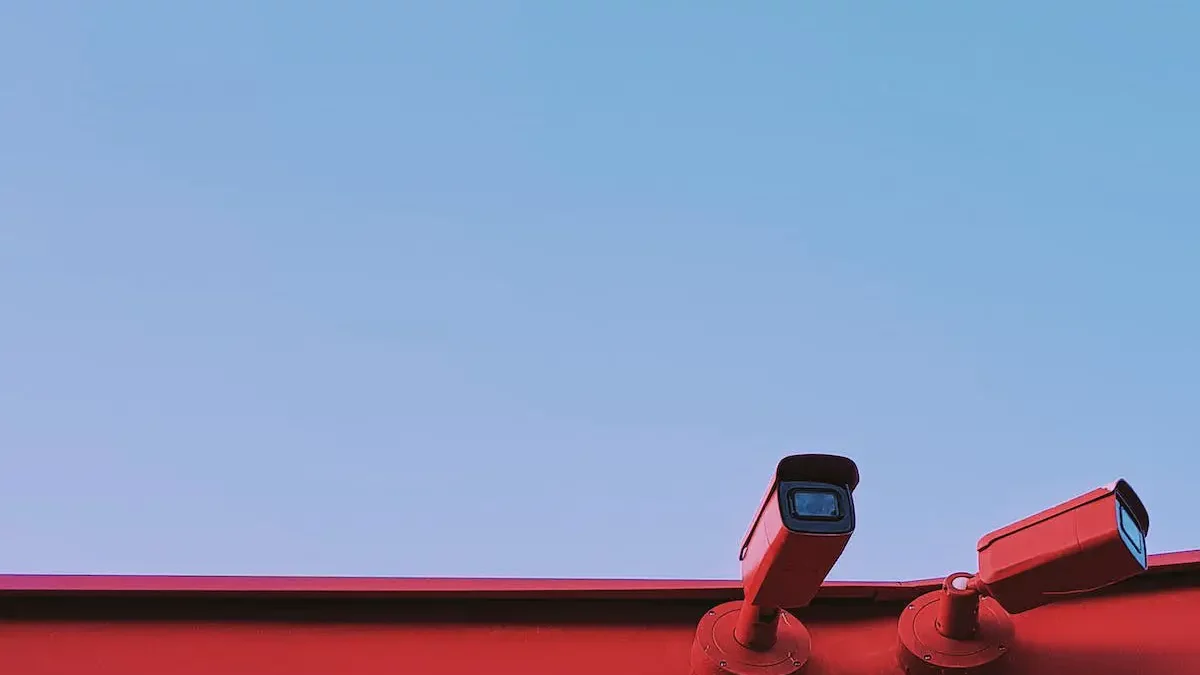Nowadays the market is filled with various CCTV camera options, and although they have the same appearance, their terminology can be confusing. This can lead to choosing the incorrect options that are useful for the observation of grainy images only. Thus, it is important to recognize some other features the high resolution cameras can possess, that are dedicated to maximizing security.
Here are the basic factors you should take into account when choosing a security camera.
Table of Contents
The Type of Camera
The camera types are different, which gives access to various features. Choosing the camera type should depend on your requirements. For example, there are box cameras, spy cameras, vehicle, and wildlife cameras, and more. But firstly it is important to understand the purpose or the location you are getting the cameras for. Is it indoors or outdoors?
The outdoor cameras should be waterproof and more resistant to various weather-related factors while preventing a high-quality service. This is why it is highly important to select a suitable one.
Resolution
The amount of image that a security camera can capture is defined by the term resolution, which is expressed in terms of pixels. The camera’s ability to capture more image detail increases with pixel count. Increased pixel count also facilitates digital zoom without significantly distorting the image.
Regarding your camera system’s overall video quality, the resolution of your security cameras is crucial.
Lens
Choosing the right lens for a CCTV camera is crucial. Wide-angle lenses are cameras with a smaller focal length (3.6mm, for example) that have a wider field of view. Larger areas can be well covered by lenses with shorter focal lengths, but the detail quality will be very low.
Image Sensor
The most crucial component of a high-quality CCTV security camera is the image sensor. Through the lens, light (image) is transferred to an image sensor (pixels). The degree to which colors, black and white tones, day and night, and other aspects of the image are accurately reproduced inside the camera depends on the quality of the image sensor.
WiFi, Wireless: A system without cables is referred to as “wireless” or “WiFi”. Keep in mind that, like with any wireless or WiFi-enabled security system, each camera must be powered locally, and the transmission path (such as line of sight) must be taken into account.
An analog camera that uses only radio transmission will be considered wireless. This kind of transmission will not function with HD CCTV cameras.
Camera Variations
Now that we know the main CCTV features, let’s explore some security camera options that can be suitable for your property or space.
- Dome security cameras: Usually sit on ceilings, and offer an alternative method of coverage to other kinds of cameras. The largest possible coverage area should be considered when selecting a camera system when dealing with numerous rooms, barriers, and other obstructions. These cameras offer a broad field of vision, which addresses these issues. An unhindered view of the entire property can be obtained by mounting two or more of these cameras on the building’s corners. Their circular surface also makes them more resistant to vandalism and tampering.
- Turret security cameras: A tiny camera mounted on a ball and socket allows for 360-degree rotation of the camera. Thanks to modern technology, the turret design can aim for the location of a disturbance without human intervention. They can be installed in locations that are hidden from possible offenders because of their smaller build, which lowers the possibility of damage or tampering.
- Bullet cameras: Long, cylindrical devices serve as a visible deterrent to intruders because of their larger build. There is a trade-off with this, though, in that it is more vulnerable to damage and vandalism. Additionally, bullet cameras have a fixed field of view.
- Night vision security cameras: They can assist in identifying people based on their attire, vehicles, or surroundings. Sufficient lighting is necessary for color night vision security cameras to produce sharp images. This means that you might need to arrange lighting in the vicinity of its field of vision.
In conclusion, selecting a good security system is a highly important step for every property. When choosing the best-suited camera, it is important to pay attention to its features such as remote access, weather resistance, night vision, motion detection, storage options, two-way audio, and more. Thus, the above-mentioned qualities will help you in making an informed decision.

